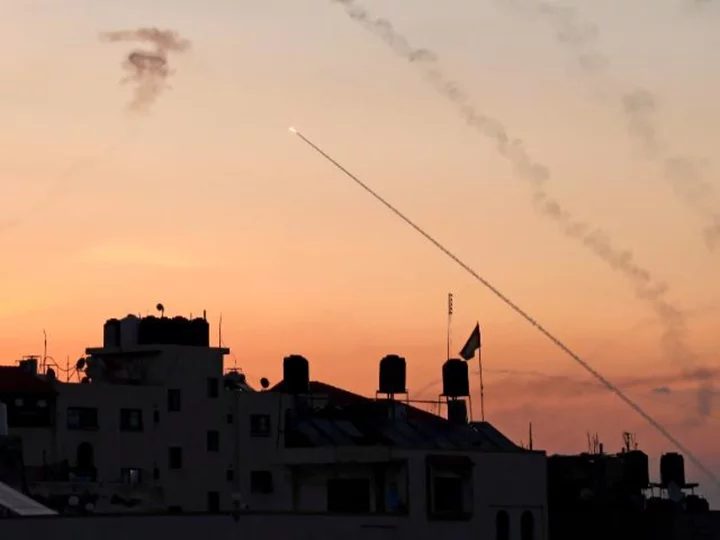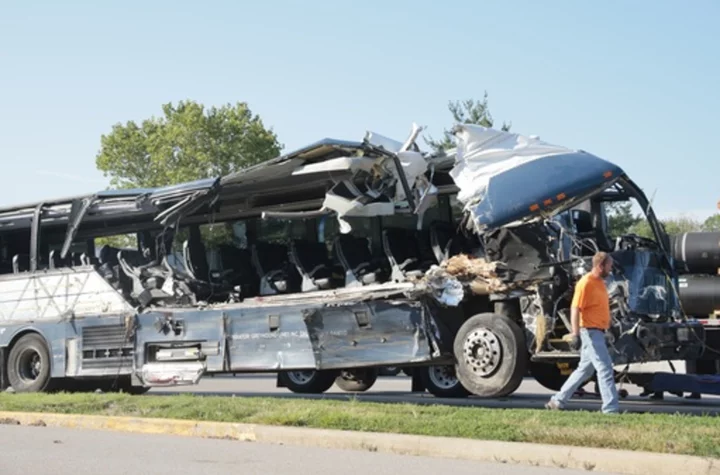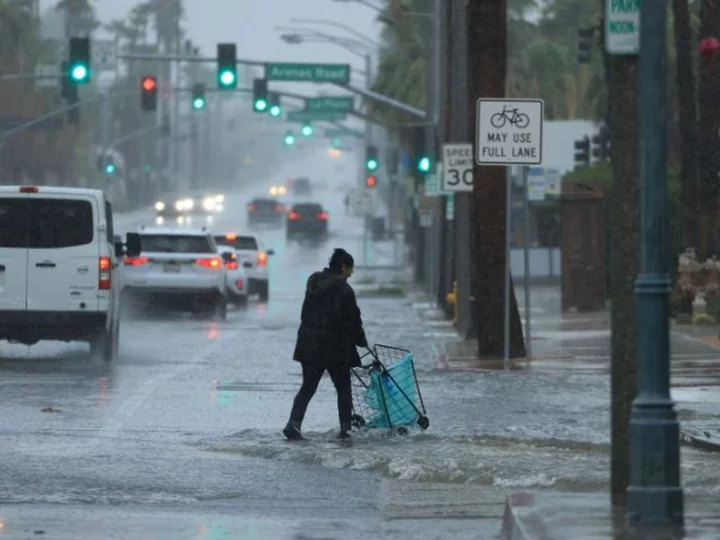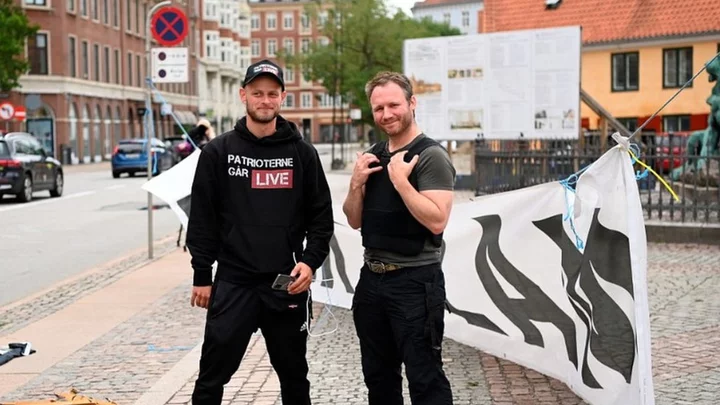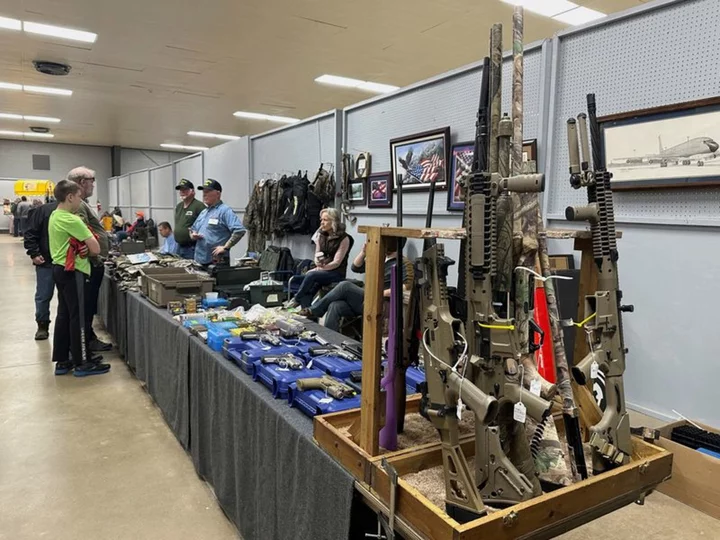American officials said Saturday they received no warning through intelligence that Hamas was preparing to attack Israel, leading to confusion among some at how Israel failed to detect signs of the rocket assault.
The capability of Hamas to coordinate terrorist attacks on Israeli towns without detection has raised concerns about technological blind spots for US intelligence officials, a senior US intelligence official told CNN.
US officials had been monitoring indications that tensions were escalating in recent months. But there was no tactical-level intelligence that alerted US officials that an attack of this size would happen on this day.
The question for US and Israeli intelligence officials now is whether there were indicators that were missed -- or whether Israel and the US failed to collect any information that would have helped predict the assault.
Israeli and US officials will compile reports "in the coming days to see whether there were things missed or if there was intelligence collected and misread, or if we have a completely dark area we didn't know about," the official said.
A senior American military official said the US was not tracking an imminent attack on Israel in the last several days.
Other US officials familiar with the matter said if the US did have intelligence suggesting an upcoming attack, it would have undoubtedly shared that information with Israel.
The Israelis historically have had dominant capabilities to monitor communications in Gaza. The Israelis also have some of the best capabilities to break into encrypted communications, US officials say.
That's partly the reason why US officials were shocked that preparation for Saturday's attacks weren't detected.
US intelligence officials are focused on understanding the secure communications and training used for the attacks and whether that knowledge is being shared with other groups elsewhere.
Speaking publicly Saturday, Israeli officials acknowledged they were caught by surprise at Saturday's air assault.
"We were surprised this morning. About failures, I prefer not to talk at this point right now. We're in war. We're fighting. I'm sure this will be a big question once this event is over," Lt. Col. Richard Hecht, the international spokesperson for the Israeli Defense Forces, said on CNN.
"I assume the intelligence question will be talked about down the road and we'll learn what happened there," he told CNN's Wolf Blitzer.
Asked directly whether this was an intelligence failure on the part of Israel, the country's ambassador to the US, Michael Herzog, acknowledged there was an "element of surprise."
But he said questions about intelligence failure were for the future.
"We'll get to that later," he said on CNN. "Right now, we have to fight a war, and win it, as I said. Later on, we'll have time to investigate what happened."
US Homeland Security and FBI officials said there is increased focus on potential threats following the call by Hamas leaders for attacks elsewhere. There's no indication of any active threats inside the US, but as in past Israeli-Palestinian conflicts, US authorities are issuing warnings to police around the country about the potential of threats.

